Resources
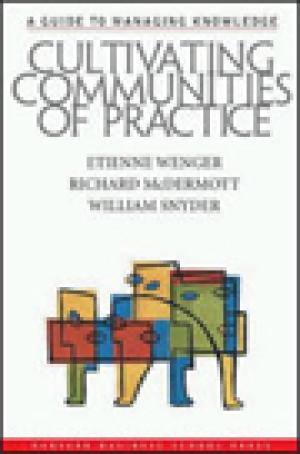
In Cultivating Communities of Practice, Etienne Wenger, Richard McDermott, and William M. Snyder argue that while communities form naturally, organizations need to become more proactive and systematic about developing and integrating them into their strategy. This book provides practical models and methods for stewarding these communities to reach their full potential - without squelching the inner drive that makes them so valuable. (From the Publisher)
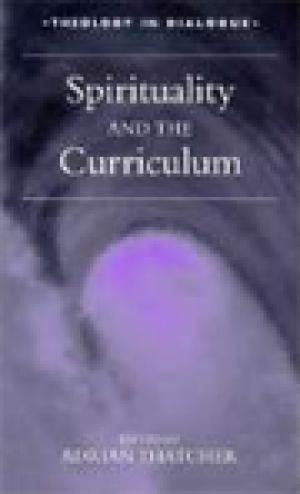
The contributors to "Spirituality and the Curriculum" explore ways in which spirituality can be diverted from its confinement as an academic subject and be incorporated into education to help children develop in this important area of human endeavour. (From the Publisher)
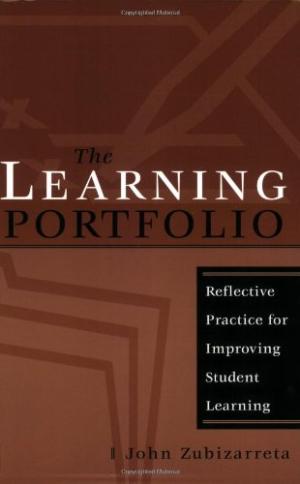
The learning portfolio—grounded in a process of reflection, evidence, and collaboration—is a rich, flexible document that engages students in continuous, thoughtful analysis of their learning. The portfolio may be paper, electronic, or another creative medium, but at its center, the power of writing and reflection combine in the portfolio with purposeful, selective collection and assessment of learning endeavors and outcomes to improve learning. Straightforward and easy to understand, this book offers readers both an academic understanding of and rationale for learning portfolios and practical information that can be custom tailored to suit many disciplinary, pedagogical, programmatic, and institutional needs. The Learning Portfolio reflects the intellectual growth and excitement that both professors and students have experienced in developing learning portfolios. Organized into four parts, this book includes: • A foundation for and review of the value of reflective practice in student learning and how learning portfolios support reflection, sound assessment, and collaboration • Diverse contributions by practitioners in two- and four-year institutions in the U.S. and Canada who implement portfolios in a variety of ways, including the use of digital technology • Fourteen practical and adaptable examples of actual student learning portfolios • A wealth of assignment sheets, guidelines, criteria, evaluation rubrics, and other materials used in developing print and electronic learning portfolios from across disciplines, programs, and types of institutions in higher education (From the Publisher)
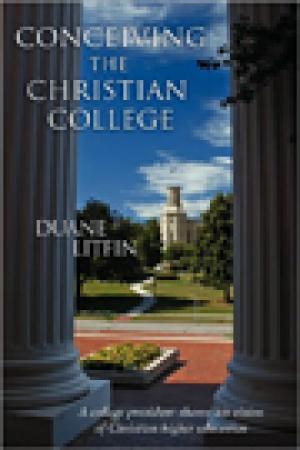
This book is designed to help those who are interested in Christian higher education explore anew the unique features, opportunities, and contemporary challenges of one distinct type of educational institution - the Christian college. What distinguishes Conceiving the Christian College from the many other books on this subject is its incisive discussion of a set of crucial ideas widely misunderstood in the world of Christian higher education. Now serving in his eleventh year as president of one of the nation's foremost Christian colleges, Duane Litfin is well placed to ask pressing questions regarding faith-based education. What is unique about Christian colleges? What is required to sustain them? How do they maintain their bearing in the tumultuous intellectual seas of the twenty-first century? Litfin's themes are large, but they are meant to refocus the conceptual challenges to Christian education in ways that will strengthen both the academic environment of today's Christian colleges and their impact on culture at large. (From the Publisher)
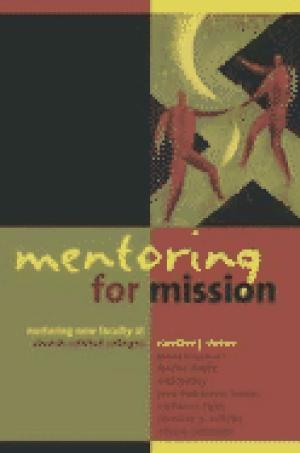
Simon presents Roman Catholic and Protestant perspectives on ways to nurture new faculty at church-related educational institutions, for those involved in administering faculty development programs and for those seeking advice on designing and implementing such programs. (From the Publisher)
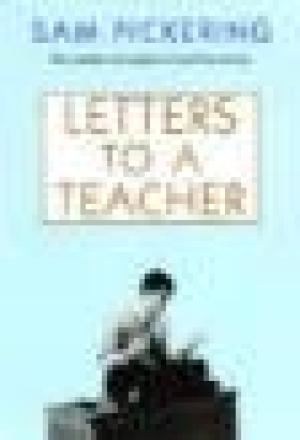
Sam Pickering has been teaching, guiding, performing, and inspiring for more than forty years. As a young English teacher at Montgomery Bell Academy in Tennessee, his musings on literature and his maverick pedagogy touched a student named Tommy Schulman, who later wrote the screenplay for Dead Poets Society. Letters to a Teacher is a welcome reminder that teaching is a joy and an art. In ten graceful yet conversational letters addressed to teachers of all types, Pickering shares compelling, funny, always elucidating anecdotes from a lifetime in the classrooms of school and universities. His priceless, homespun observations touch on topics such as competition, curiosity, enthusiasm, and truth. More than a how-to guide, Letters to a Teacher is an invitation into the hearts and minds of an extraordinary educator and his students, and an irresistible call to reflection for the teacher who knows he or she must be compassionate, optimistic, respectful, firm, and above all dynamic. This is an indispensable guide for teachers and laymen alike. (From the Publisher)
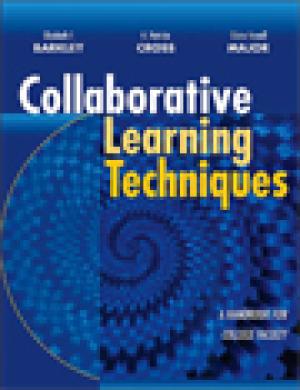
Engaging students in active learning is a predominant theme in today's classrooms. To promote active learning, teachers across the disciplines and in all kinds of colleges are incorporating collaborative learning into their teaching. Collaborative Learning Techniques is a scholarly and well-written handbook that guides teachers through all aspects of group work, providing solid information on what to do, how to do it, and why it is important to student learning. Synthesizing the relevant research and good practice literature, the authors present detailed procedures for thirty collaborative learning techniques (CoLTs) and offer practical suggestions on a wide range of topics, including how to form groups, assign roles, build team spirit, solve problems, and evaluate and grade student participation. (From the Publisher)
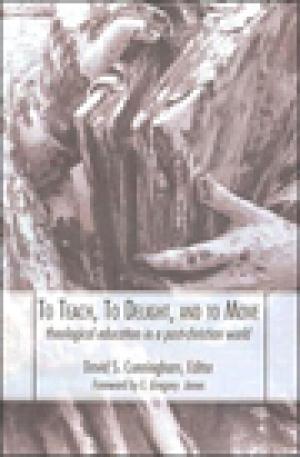
From the Publisher This book initiates a new conversation about how theological education might be re-envisioned for the twenty-first century church. The prevailing curricular structure in today’s seminaries and divinity schools was fashioned in a very different era – one that assumed the continued cultural dominance of Christianity and the continued academic dominance of the canons of Enlightenment reason. Neither assumption is viable in today’s post-Christian world; hence, our new circumstances demand a new vision for theological education. The authors of this volume offer an important resource for this project through their creative appropriation of the classical rhetoric tradition, particularly as it has been rehabilitated in the contemporary context. Like St. Augustine, they believe that the chief goals of Christian theology are similar to those of classical rhetoric: “to teach, to delight, and to move.” And the authors are united their conviction that these must also be the goals of theological education in a post-Christian era. This volume arises out of a passionate commitment to the cause of theological education. The authors hail from a wide range of denominational traditions and have taught in numerous seminaries and divinity schools. They have also studied the classical and postmodern rhetorical traditions in both theory and practice. They met as a group on numerous occasions to read one another’s contributions to the volume and to offer guidance for the process of rewriting. As a result, this book is much more than a mere collection of essays; it is a jointly-authored work, and one which presents an integrated vision for the future of theological education.
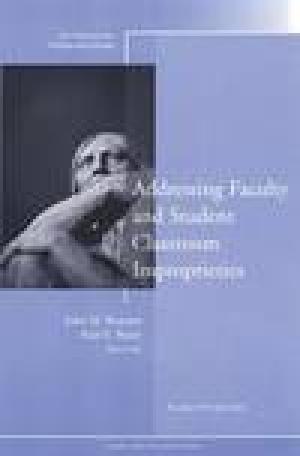
Changes in instructional paradigms are leading to changes in the way student achievement is tested, including group testing, online testing and authentic testing. This issue discusses the theory and practice of these new forms of testing and offers practical suggestions for instructors considering their use. (From the Publisher)
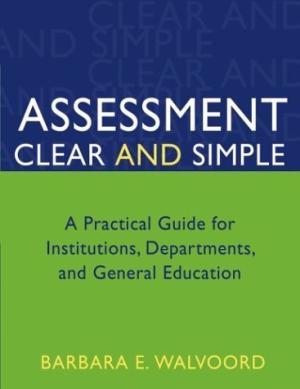
Assessment Clear and Simple is "Assessment 101" in a book -- a concise, step-by-step guide written for everyone who participates in the assessment process. This practical book helps to make assessment simple, cost-efficient, and useful to the institution, while at the same time meeting the requirements of accreditation agencies, legislatures, review boards, and others. Assessment Clear and Simple can help your institution employ assessment as a powerful instrument for improvement and provide a basis for wiser planning, budgeting, and change in curriculum, pedagogy, staffing, programming, and student support. (From the Publisher)